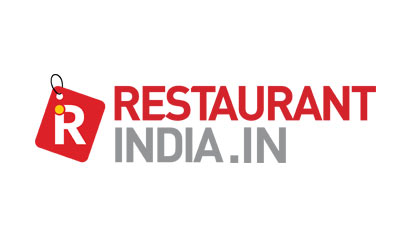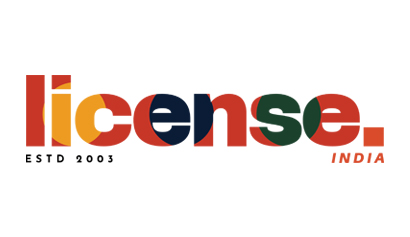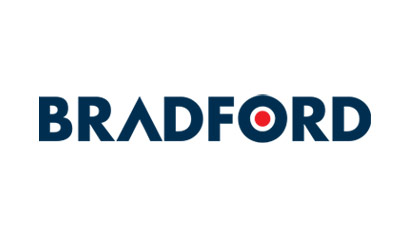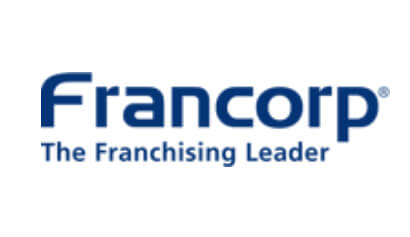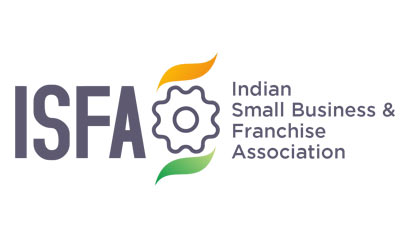To get access to over 10000+ Franchise Business Opportunities.
Network with the growing Business Community to get expert interventions to let you learn to Grow & Expand your Business with Franchising.
The Indian apparel industry provides a strong fabric for the growth and expansion of global brands. The success of brands like Mango, Reebok, Adidas, Miss Sixty, Pepe Jeans, United Colours of Benetton, Versace, Esprit and Debenhams is encouraging many oth
ACCORDING to industry experts, the Indian apparel industry is pegged at US$ 25 billion. It had earned a revenue of $28,102.6 million in 2009, representing a compound annual growth rate (CAGR) of 9.9 per cent for the period spanning 2005-2009. Even though the number of foreign apparel brands are low, they are growing at a steady rate of around 15 per cent per year. Europe leads with maximum number of franchise concepts in India followed by the United States. Indian consumers are largely influenced by American trends, therefore, there are numerous opportunities for the US franchises.
Business potential
Defining the business prospects in India, Isak Halfon, Executive Vice-President, International Expansion, Mango, says, “At present, there are rapid changes happening in India and the country is becoming increasingly more westernised. Mango is one of the few European brands present in the market.” Emphasising the potential of franchising, Sanjeev Jain, CEO, Gupta H.C. Overseas, Licensee of Miss Sixty in India, states, “The local franchisee has much more knowledge of the market. Without franchising, it is not possible to have an efficient logistic network. We want to increase our presence in all the major cities, which is possible through the franchise route.” Chetan Shah, MD, Pepe Jeans, India, shares, “Any brand planning to expand in a country where they have no experience should do so via franchising. It works well if one finds the right business partner. Due to the vast diversity in India, franchising can definitely help the brand in getting a good foothold in that market since the franchisee is well-versed with his region.” The apparel franchise market growing at a rate of 10 per cent has opened up many avenues for global brands.
Franchisability
“The advantage of working with franchisees is that you can trust franchisees, who know the market very well. In return, we, at Mango, offer experience and know-how to them. Our franchisees share investment with us,” says Halfon. Echoing similar views, Jain says, “The company provides a complete solution to its franchisees in terms of location selection, merchandise selection and staff training. A team of qualified professionals provide complete analysis of the buying habits in the nearby areas of the store, the analysis of the spending capacity of the catchment area, etc. The franchisee is the sole owner of the store and the company empowers them to increase the penetration of the brand. We provide proper manpower to maximise sales.” Adds Shah, “We take the franchisees through an induction process, wherein we brief them thoroughly on the product, brand, company policies and practices and sales staff training. We assist the franchisee with advertising, public relations, point-of-sales, visual merchandising and promotions, etc in order to reap profits.”
Expansion
With India witnessing growth of foreign franchises at 25 per cent per year, foreign brands are charting out massive expansion strategies. “Mango currently has 14 stores in India with two franchisees. Our expansion plan is to open 20 new stores during the next year and to keep doubling expansion over the next three years,” enumerates Halfon. For Pepe Jeans, Shah states, “The company plans to open around 85 exclusive brand outlets in the coming two years. We also plan to set up stores in towns and cities with a population above three lakh. Currently, the brand has stores in 81 towns and cities and aims to double the number of cities and towns and to increase its geographical footprint by opening stores in these locations within the next three years.”
Flip side
Setting up base in a growing market, ensuring brand awareness, struggling with escalating real estate rentals and fierce competition from local players are the most common challenges faced. Pointing out the hurdles faced by Mango, Halfon says, “Mango started out in India when there were no international brand there and in this respect, we recognised the market early. It was tough to overcome the challenge arising out of the fact that high percentage of population still wears traditional dress. It's changing now.” While for Miss Sixty, the journey was inevitably hassle-free. “It was a very smooth and encouraging journey, hence, we decided to add denims as well in Miss Sixty portfolio for the Indian consumers,” states Jain.
Exit option
According to industry experts, exit options for apparel brands differ and depend upon the company. Says Shah, “The franchisees do not have the right to appoint sub-franchisees. Franchisees are only appointed by the brand through the head office. While some brands render zero exit costs, several other help their franchisees in selling out by providing them the right guidance and even a database of prospective partners.”


Business Opportunities
Browse By Investment Range
Browse By States
Popular Cities






